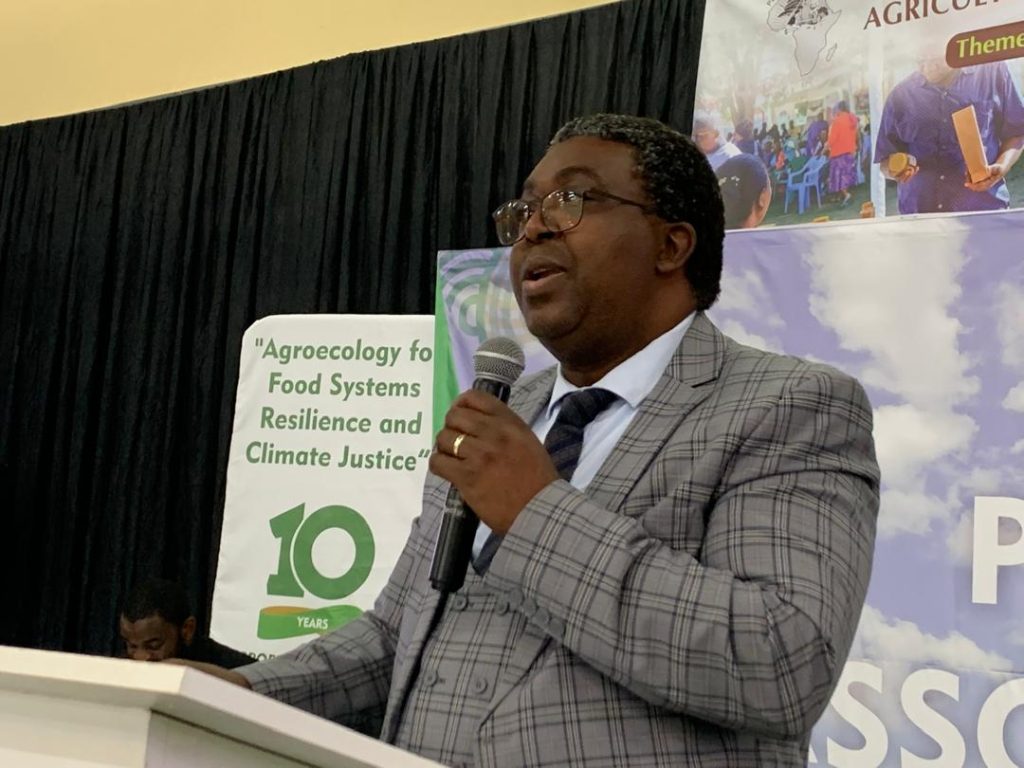
By Tlalane Dlamini
The 1st Eswatini and 1st Regional Sustainable Agriculture and Agroecology Indaba, which started on September 23, 2025, in Eswatini, marks a pivotal moment for agribusiness on the African continent.
The two-day event unites a wide range of stakeholders, including government officials, international delegates, grassroots farmers, and civil society organizations, all aiming to transform food systems into resilient and profitable enterprises. The central theme, “Agroecology for food system resilience and climate justice,” highlights the urgent need to address complex challenges such as climate change and food insecurity through sustainable and economically viable solutions.
The Indaba coincides with the 30th anniversary of the Participatory Ecological Land Use Management (PELUM) Association, a network that has become a continental force in transforming Africa’s food systems. PELUM’s journey began in 1995 and demonstrates the power of a participatory, farmer-driven business model.
The network has grown significantly, now including more than 358 civil society organizations across Eastern, Central, and Southern Africa. Their impact is widely recognized, from promoting farmer-managed seed systems that conserve genetic diversity to enhancing women’s leadership and building youth entrepreneurs’ capacity—key to a vibrant, modern agricultural economy.
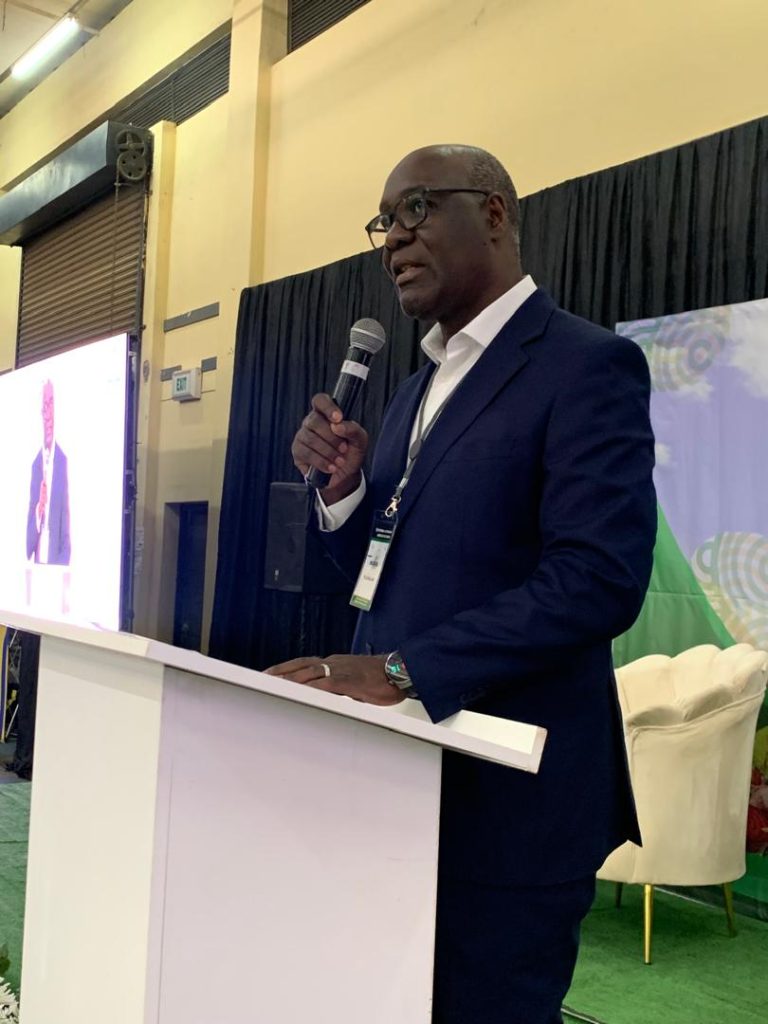
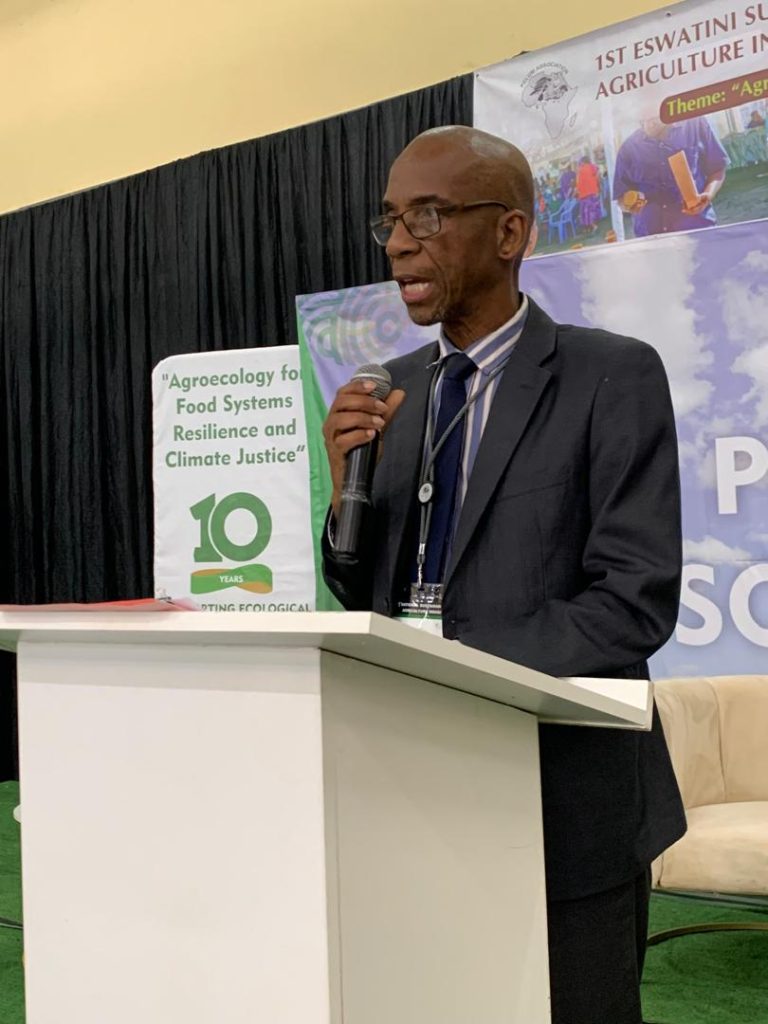
The Minister of Agriculture, Mandla Tshawuka, represented by Principal Secretary Sydney Simelane, officially opened the Indaba, emphasizing the government’s commitment to helping farmers become more resilient, viable, and competitive. His speech underlined that a sustainable agricultural system is vital for achieving food security and sovereignty, crucial for long-term economic stability in Eswatini and beyond.
He noted that this transition requires collaboration across sectors: government, private sector, civil society, research institutions, and farming communities. The diverse participation and sponsorship at the event serve as a vital networking platform and a step toward attracting investments that fuel economic growth.
Remarks by Hannington Owegi, Secretary General of PELUM, and Melton Richard Munyololo Luhanga, Regional Board Chairperson, reflected a shared vision. They expressed that the network believes farmers are not problems but solutions worth nurturing. This core idea underpins the agroecology movement, which presents a strong business case for long-term profitability by securing food sovereignty and restoring ecosystems, creating resilient economies that prioritize people and the planet over short-term profits.
Business and Innovation at the Core of Agroecology
The Indaba’s theme calls for a new mindset in agricultural business. Sessions aim to demonstrate how agroecology can foster climate resilience and turn food systems into strong, profitable businesses.
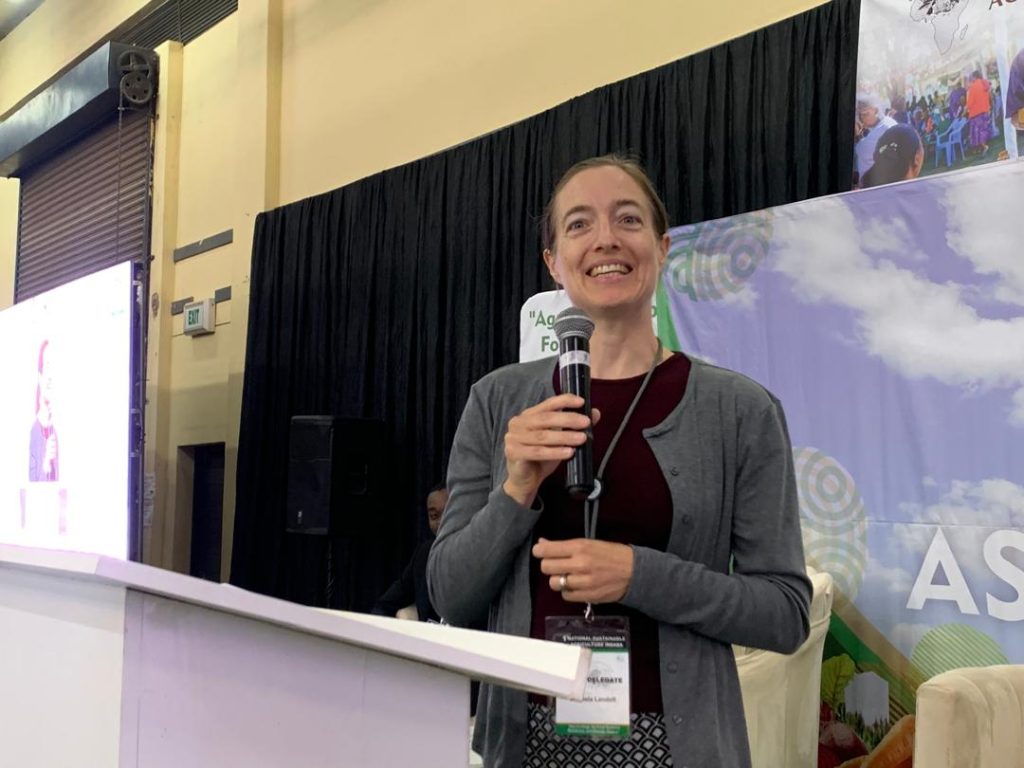
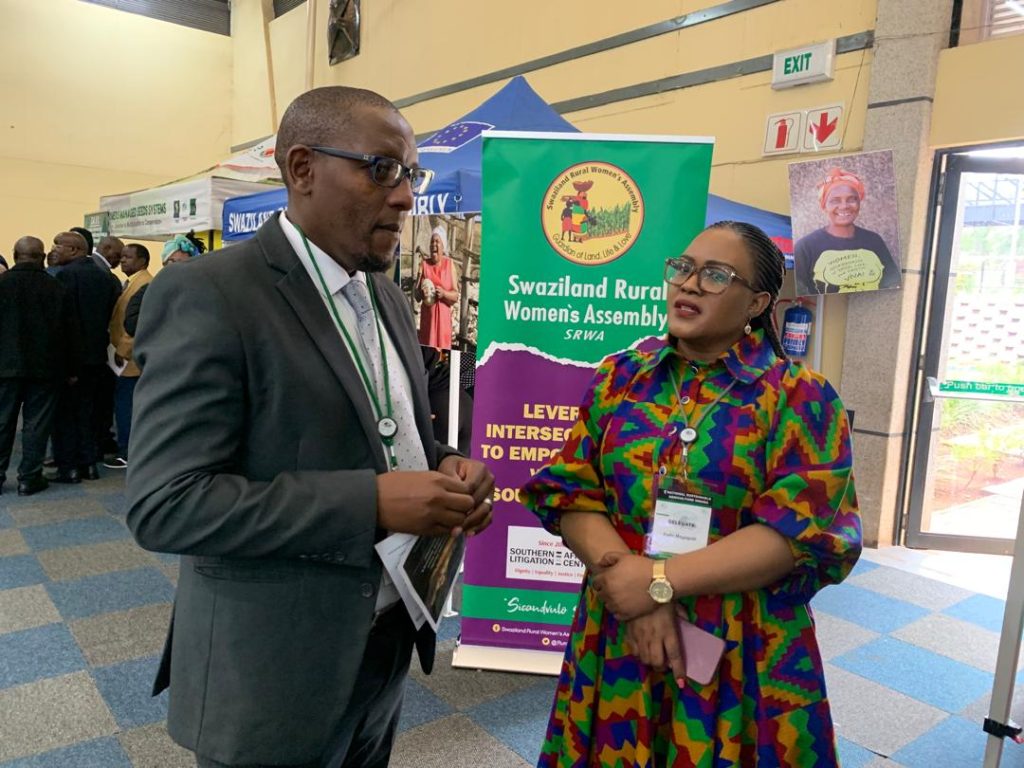
Gabriela Landolt, Managing Director of Sahee Foundation Eswatini, highlighted that agroecology isn’t new but a revival of indigenous knowledge, which has proven to be resilient and beneficial socially and economically. This indigenous wisdom is based on principles that promote resilience and environmental health, such as:
Indigenous seed saving: Conserving genetic diversity and biodiversity as a business asset, ensuring a resilient supply chain.
Soil health management: Maintaining healthy soil as a key asset, reducing costs on chemical inputs and improving land value over time.
Nutrient recycling: Developing closed-loop systems that cut waste and reliance on external inputs, boosting efficiency.
Co-creation of knowledge: Encouraging collaboration among farmers, researchers, and policymakers for rapid innovation aligned with market demands.
These practices are not only about sustainability but also about justice, resilience, and sovereignty, opening new market opportunities. They align with national development frameworks like CAADP and NAIP, promoting sustainable agriculture and inclusion of smallholder farmers in equitable, profitable value chains.
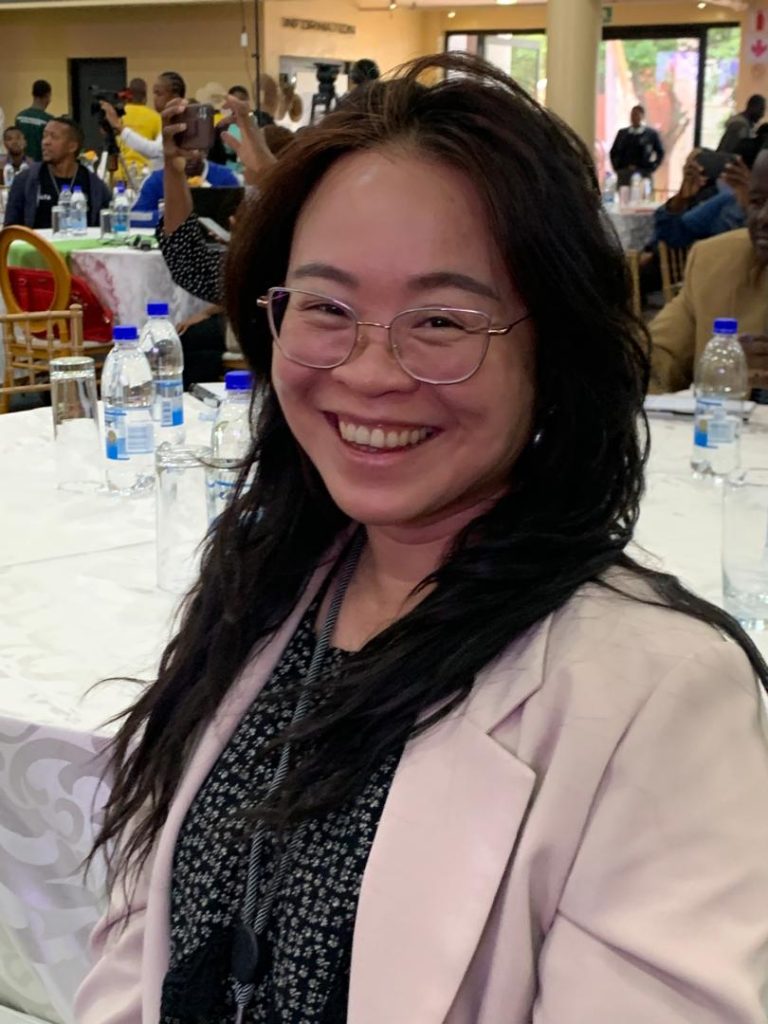

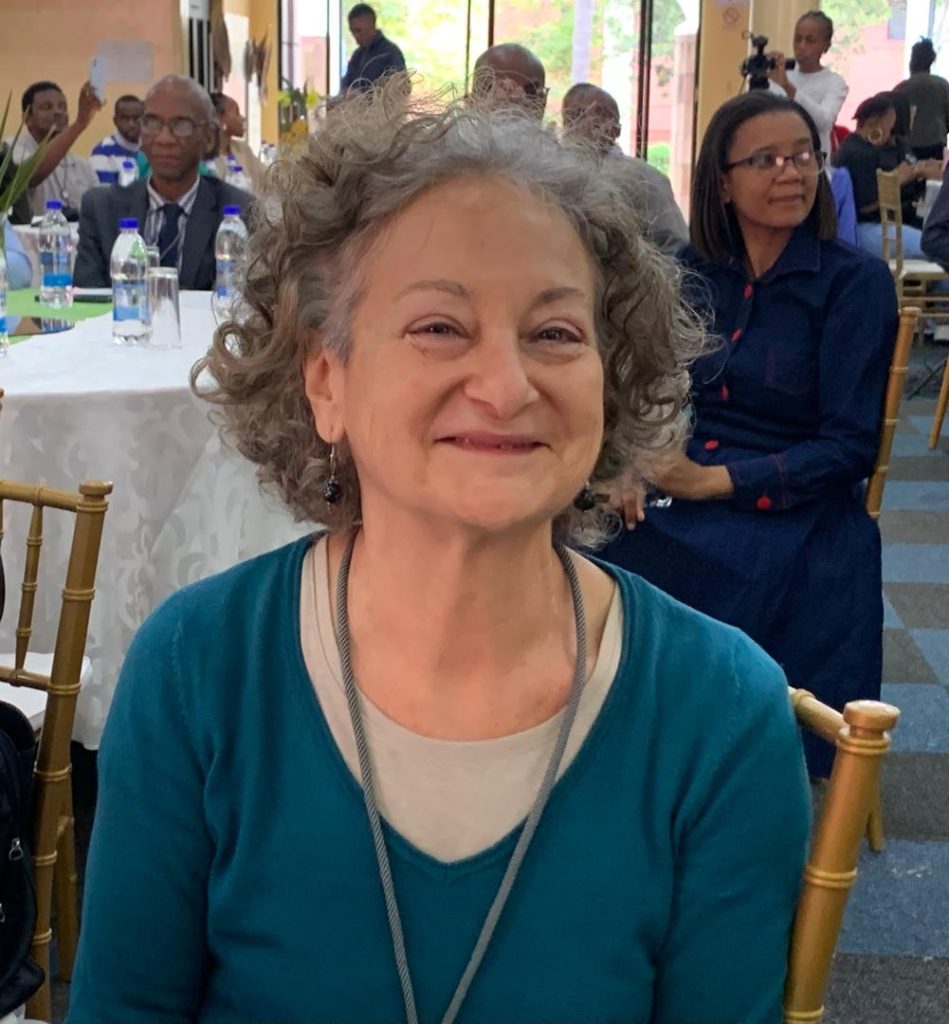
Key Highlights and Future Steps
The agenda features sessions addressing specific business challenges and opportunities in the agroecological transition.
Day one focused on foundational business aspects. A session titled “Unlocking agroecology transition to sustainable food systems, and climate resilience” explored how to turn theory into profitable practice. An important session, “Youth and Women in agroecology transition,” discussed the vital roles of these groups as future entrepreneurs, with presentations from YALTA and discussions emphasizing mainstreaming gender and empowering young leaders—aligned with Comfort For Africa’s mission to uplift marginalized communities.
Day two will delve into practical applications and market dynamics. A session on “Farmer-managed seed systems (FMSS) for food sovereignty, nutrition and health, biodiversity” will highlight biodiversity as a strategic asset. Another key session on “Agroecology commercialization” will explore market-ready agroecology, with insights from organizations like ESNAU, focusing on identifying opportunities, standards, and mechanisms for agroecological products. The final sessions will showcase case studies from Uganda, Kenya, Ethiopia, and Zambia, illustrating successful business models in agroecological transitions.
The event emphasizes collective action, extending beyond farming to building a more resilient, fair economy. It concludes with an optimistic message: “PELUM at 30 is not an end, but a new beginning.”
